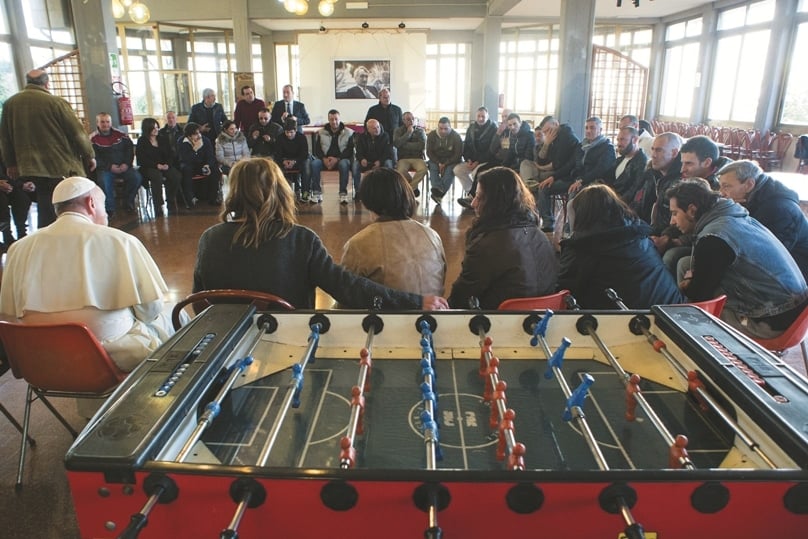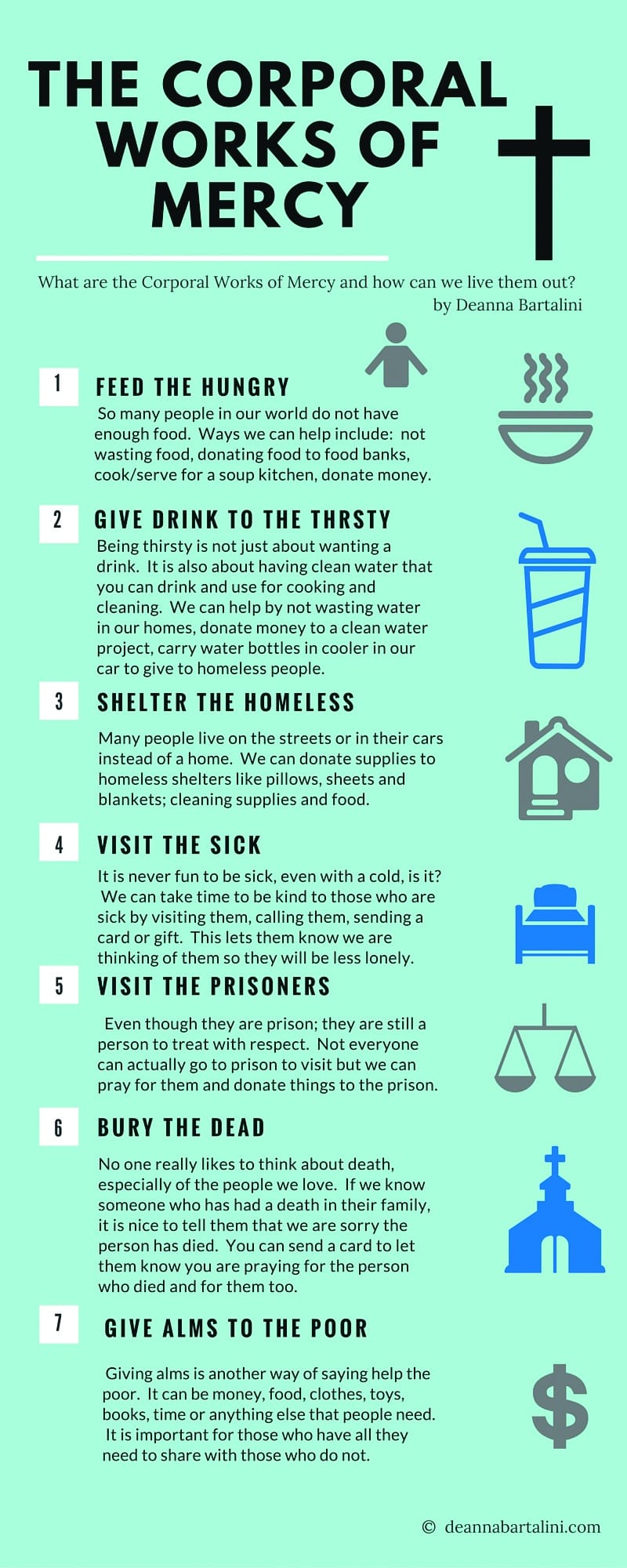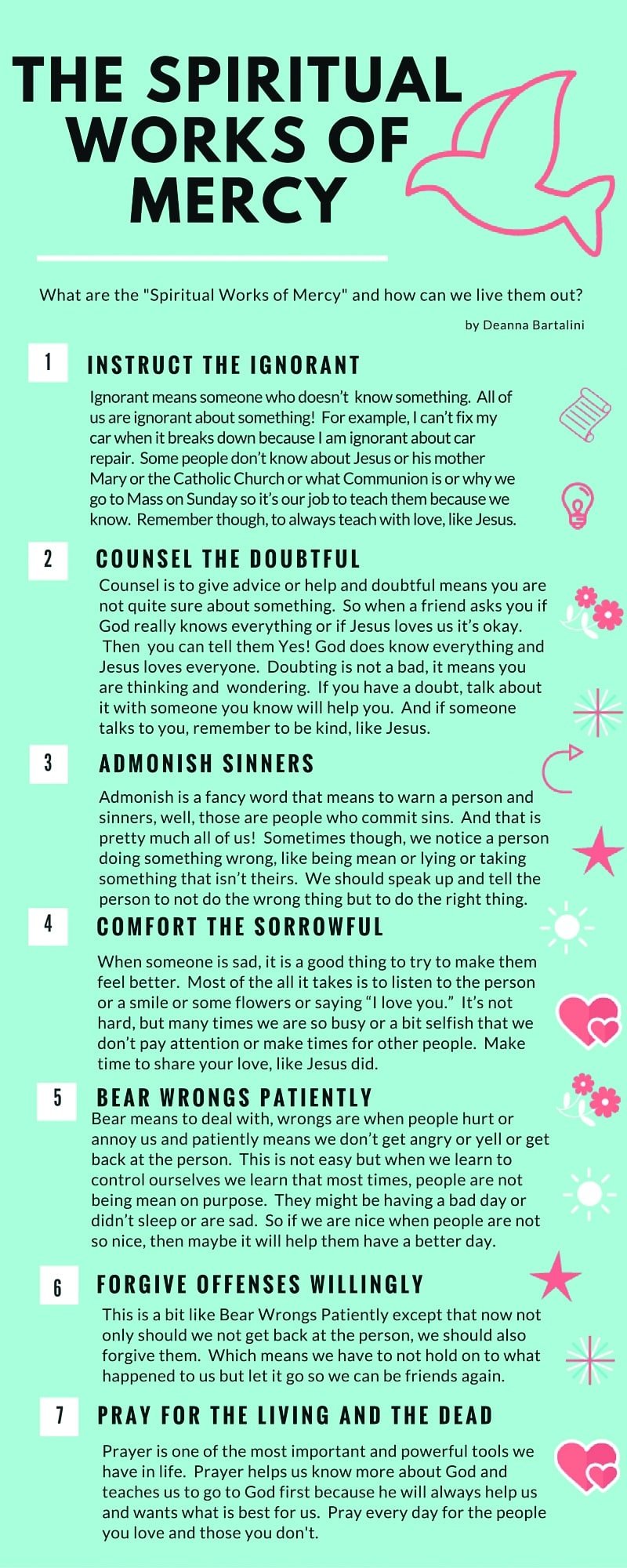
- Help others return to confession in this Year of Mercy
- How can we gain the indulgence for the Year of Mercy?
- Gentle revolution: Pope Francis wants Year of Mercy to transform world
Ironically my deteriorating eyesight has provided me with a clearer insight into the meaning of mercy. For the past decade I have managed to get by with cheap reading glasses, picked up at my local store for a few dollars.
Throughout these years I have provided the storekeeper with consistent business as I have sat on, dropped, stepped on or lost one pair after another. He always laughed when he saw me coming, realising that my mistreatment and neglect had taken yet another “victim”.
 Recently, however, I have had to succumb to the ravages of time and resort to more expensive prescription spectacles. This was the catalyst for my deeper understanding of mercy, which has in turn, shed new light on the words and actions of Pope Francis, particularly in light of this Year of Mercy.
Recently, however, I have had to succumb to the ravages of time and resort to more expensive prescription spectacles. This was the catalyst for my deeper understanding of mercy, which has in turn, shed new light on the words and actions of Pope Francis, particularly in light of this Year of Mercy.
No longer do I treat my glasses with an attitude of neglect or indifference. My new spectacles are kept in a protective case next to my bed. They are polished regularly with a special cloth and do not leave the house. They are always unfolded and put down with great care and are never left lying around, abandoned or forgotten. Why? Because now I value them.
This newly acquired attitude to my more expensive goggles is exactly what Pope Francis mirrors, in both word and action, in his outreach to those who society has neglected.
Every life is valuable, he exhorts, every person is worthy and must be treated with dignity and respect, no matter what social status they have been branded with. It is not simply a cry from the Pope’s heart, but a cry from God.
“For when I was hungry and you gave me something to eat, I was thirsty and you gave me something to drink, I was a stranger and you invited me in, I needed clothes and you clothed me, I was sick and you looked after me, I was in prison and you came to visit me,” (Matt 25:35-36).
Pope Francis is simply reminding us that, as followers of Christ, we are called to embrace those who are most vulnerable, those who exist on the fringes of our communities. Today they include those who are homeless, who struggle with addictions or mental illness, those who feel they do not belong.
Ideally the spiritual DNA of a Christian would compel us to reach out to those who are impoverished, whether materially or spiritually, but Pope Francis is well aware of the difficulties people face when confronting those whose lives have been broken by abuse and neglect.
That is why, in this Year of Mercy, he is offering us a way to overcome this sense of fear or powerlessness. But before we explore the gift the Pope has provided, we must first understand our own heart.
What is our attitude towards those who so often do not appear very loveable, or even likeable? Are we overwhelmed by the hopelessness that many of society’s most vulnerable seem to be drowning in? Are we fearful of the darkness in which many can dwell? Have we become emotionally complacent towards our brothers and sisters who are most in need?
These are the questions Pope Francis is wanting me to ask myself. Do I truly value the lives of the lost, broken and fragile or does the attitude I carry for them in my heart reflect the indifference I showed toward my cheap spectacles?
These people, who roam the streets of every city, or live alone in dark corners of them, are the fruit of such indifference. These are the people who have been battered and trampled upon and eventually lost in the cracks of society.
Many have never experienced what it is like to be treasured, cared for and treated with dignity. Most see themselves as unworthy and more often than not, are treated accordingly.
Understandably, most of us could rightly claim that we are innocent of inflicting such neglect or abuse on another human being. But Jesus had a response to such claims of innocence:
‘Truly I tell you, whatever you did not do for one of the least of these, you did not do for me.’ That is why this Year of Mercy is so countercultural. Pope Francis is calling us to embrace the very roots of Christianity and, like Christ, become beacons of mercy to those who do not fit within the framework of society’s expectations of productivity or success.
“I prefer a church which is bruised, hurting and dirty because it has been out on the streets, rather than a church which is unhealthy from being confined and from clinging to its own security,” he implores.
 In Latin, mercy comes from the “misericordia’, which literally means “miserable heart”. Catholic evangelist Fr George Kosicki described misericordia as “having a pain in your heart for the pains of others, and taking pain to do something about their pain”.
In Latin, mercy comes from the “misericordia’, which literally means “miserable heart”. Catholic evangelist Fr George Kosicki described misericordia as “having a pain in your heart for the pains of others, and taking pain to do something about their pain”.
In other words, mercy is responding to the hurt of another, even if that comes at a personal cost. It should be a tangible extension of love. St Faustina once said: “Love is the flower, mercy the fruit”.
Pope John Paul II, in his 1981 encyclical letter, Dives in Misericordia (Rich in Mercy) wrote: “Mercy is love’s second name.” It should be the bloodline that is pumping God’s love into our world.
And Jesus, who is the embodiment of God’s love, made it painstakingly clear that the most mercy must be shown to those who need it most. He reached out to those with leprosy, in prostitution and all who were reviled or abandoned by mainstream society.
We, as His followers, should be no different. Mercy must become inseparable from our Christian faith.
But how can this be? How can we make ourselves more merciful? The truth is, we must first become totally reliant on God. If we try to manufacture a sense of love for those we do not find very lovable, we will fail both them and ourselves. Only through God can we become instruments of true mercy. All we can do is be open to receiving this grace.
Pope Francis has provided us with an avenue. When he first announced the concept of a Door of Mercy in churches throughout the world, I was sceptical. Drawing people into churches seemed to contradict his call to get out and on to the streets. It seemed more about receiving than giving.
But eventually I realised that a door has two functions. We can enter and we can exit. Which is why Pope Francis is asking that, before entering one of these Doors of Mercy, we take time to ask God to break down the walls around our own hearts that have, until now, prevented us from becoming true instruments of mercy. Each of us must first acknowledge the obstacles that have prevented us from becoming such instruments.
Whether it is complacency, judgments or fear, we need to surrender these before God so we can then become open to receiving His gift of mercy.
Because it is only when we receive His mercy that we can take it back through the door we entered and into the world outside.
We are all sinners, Pope Francis reminds us, and are all in need of God’s mercy. It is a gift none of us deserves or can earn, and it is also a gift God did not intend for us to keep for ourselves. We must not confine it within the walls of our churches, or our hearts.
Once we have become open to God’s mercy we need to believe we have received it and this will sometimes mean making the choice to reach out beyond what we may be feeling and choosing to become vessels of mercy, in whatever way He will call us.
Whatever capacity this may be will differ for each of us, but we will be called to deliver it to all those we encounter – and not just to those we think deserve it. In fact, we are called particularly to share it with those who, in the eyes of the world, deserve it the least. “I did not come to heal the well, but the sick,” Jesus told us.
Pope Francis exhorts us to not “remain shut up within structures which give us a false sense of security, within rules which make us harsh judges, within habits which make us feel safe, while at our door people are starving and Jesus does not tire of saying to us, ‘Give them something to eat.’”
And people are indeed starving in Australia. It is not a physical starvation, but a spiritual and emotional one.
Mother Teresa once said: “Being unwanted, unloved, uncared for, forgotten by everybody, I think that is a much greater hunger, a much greater poverty than the person who has nothing to eat.”
Throughout our cities there are thousands of people crying out in their darkness, wanting to be valued for who they are, not what they appear like or what they do. We may pass by them each day and not notice – or perhaps we do notice and do our best to avoid.
These are the people we are called to reach out to.
It is what the Year of Mercy is about – to pass on the gift we have been given to those who have yet to discover it.
